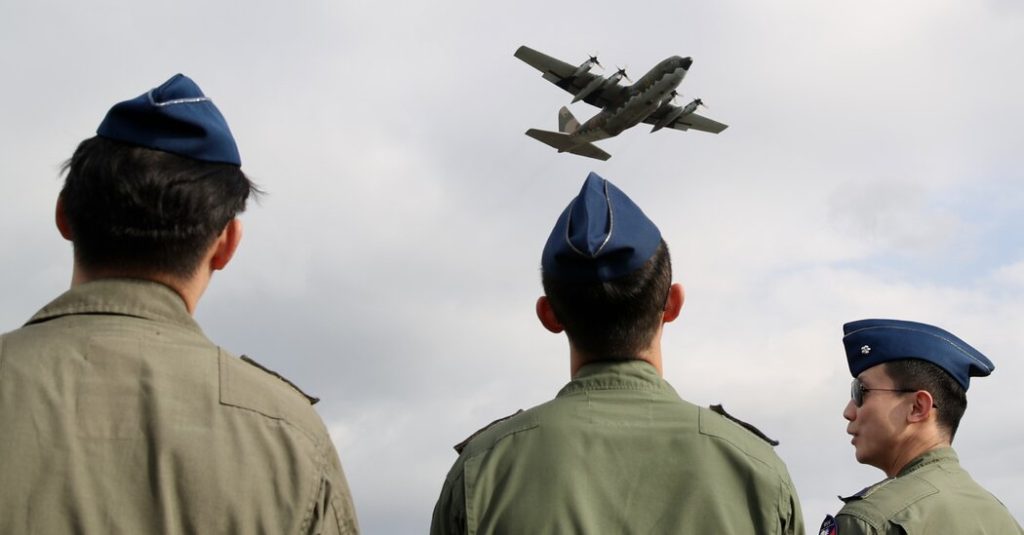President Biden recently hosted a lavish state dinner in honor of Prime Minister Fumio Kishida of Japan, which attracted celebrities, billionaires, and other influential figures. The event was part of a series of orchestrated events to showcase the renewed U.S.-Japan relationship and the evolving security alliances in Asia. This display was directed at China, as Prime Minister Kishida highlighted in a speech to Congress that China poses the greatest strategic challenge to Japan and the international community. The recent military advancements and aggressive behavior of China in the region have caused concerns among neighboring countries.
The U.S. has been actively building multilateral security arrangements in the Asia-Pacific region over the past few years, including the Quadrilateral Security Dialogue (Quad), AUKUS partnership, and closer cooperation between the United States, Japan, and South Korea. These collaborations have been primarily motivated by the growing apprehension over Beijing’s actions and intentions. China views these partnerships as part of a U.S.-led effort to contain its influence in the region, contributing to heightened tensions and suspicions between the parties involved.
While the enhanced security ties may deter China from taking overt military actions in the region, they also raise the risk of inadvertently stumbling into a conflict. The deepening arms race and lack of meaningful crisis communication channels between the U.S., its allies, and China could potentially lead to a devastating regional war if a political incident or military accident occurs. To prevent this scenario, there is a pressing need for greater investment in diplomacy with China alongside military deterrence strategies.
The focus should shift towards establishing crisis prevention and management dialogues involving civilian and military officials from the U.S., Japan, and China to mitigate potential sources of conflict. It is crucial to avoid actions that escalate tensions across the Taiwan Strait and reaffirm commitments related to the Taiwan issue. Japan’s role in this context is equally important, as it must strengthen its own defense capabilities and resist pressure to engage in military planning for a potential Taiwan conflict. Both Washington and Tokyo should adopt a more positive approach towards China, emphasizing cooperation and restraint.
China, on its part, should respond to collaborative overtures from the U.S. and its allies by moderating its coercive behavior in maritime disputes. Fostering mutual trust and setting limits on military deployments and arms sales could pave the way for improved security cooperation in areas such as cyberattacks, sea lane defense, and climate change. While the current environment is characterized by deep-seated suspicion between Beijing, Washington, and their allies, there is a critical need for new thinking and diplomatic efforts to navigate away from potential disaster. Cooperation with China may be challenging but offers the best chance to prevent a regional crisis and conflict in the Asia-Pacific region.


